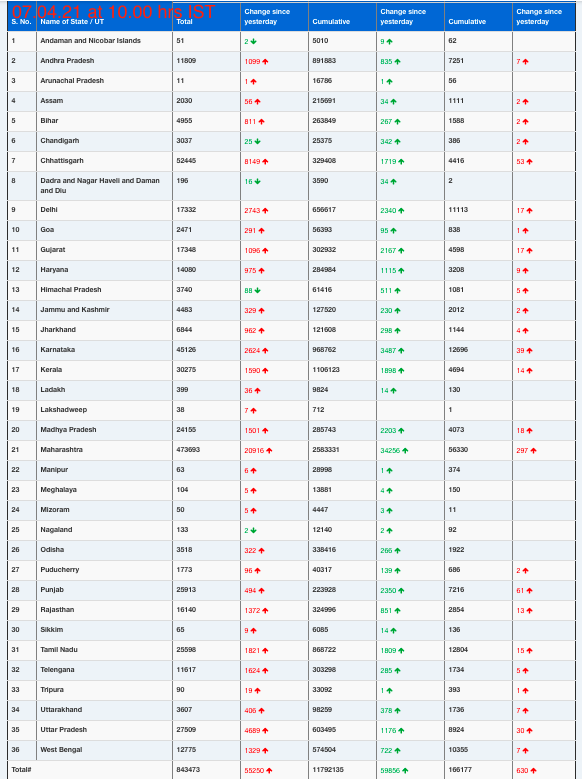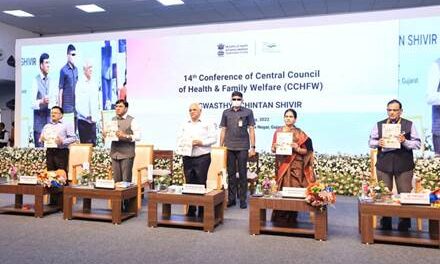
On this World Sight Day, recent research reveals that preventable vision loss could enhance India’s economy by an annual sum of US$27 billion (₹2.2 trillion). The Love Your Eyes campaign is using this occasion to present data showcasing how improved eye health amplifies productivity and to urge business leaders to prioritize workplace wellness.
The study, conducted by the International Agency for the Prevention of Blindness (IAPB) and Prof. Kevin Frick from Johns Hopkins, assessed the costs of avoidable vision loss among individuals over 50. Among the studied nations, India ranked third in potential savings. As the landscape of work evolves with technology driving an increased reliance on screens, the future economy will be predominantly characterized by service industries and office-based employment. Without adequate safeguards, this shift can lead to eye strain and have detrimental effects on eye health.
According to the Lancet World Health Commission on Global Eye Health, worldwide, sight loss incurs an annual cost of $411 billion. Approximately 30% of those who experience vision loss face a decline in employment, with women, rural residents, and members of ethnic minorities disproportionately affected. However, with early detection and treatment, 90% of vision loss can be prevented.
Presently, India has 70 million people with visual impairments. Early detection and treatment for conditions like cataracts and myopia are crucial in safeguarding livelihoods and fostering thriving businesses.
Vinod Daniel, CEO of India Vision Institute, emphasized, “Individuals from disadvantaged and rural communities often lack sufficient access to eye care, depriving them of vision screenings and corrective glasses. This translates to uncorrected refractive errors costing the country billions in lost productivity and income for those affected. Early detection is paramount in preventing blindness. We collaborate directly with communities, schools, and workplaces to offer free vision screenings and eyeglasses to those who would otherwise lack access. Preventing vision loss transforms their lives, enabling them to flourish in both work and daily life.”










